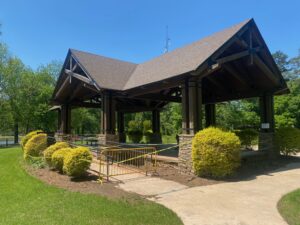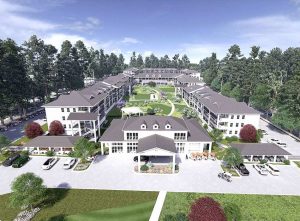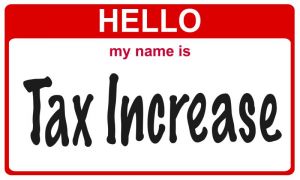Peachtree City’s proposed $26.7 million budget will be hashed out again by the City Council Thursday, July 8 at 6:30 p.m. at City Hall.
NOTE: The date has been corrected to reflect the actual meeting date; the previous date listed was incorrect)
Among other issues, council chiefly needs to resolve what property tax increase it will enact, if any. On this matter currently there are several trains of thought:
• A .5 mill property tax increase, advocated by Mayor Don Haddix and Councilman Doug Sturbaum.
• A 1.25 mill increase, which Councilmembers Vanessa Fleisch and Kim Learnard and Eric Imker have agreed to consider.
• Imker, however, has been non-committal on his position on the property tax rate, and he has previously advocated for more budget cuts before increasing the millage rate.
The 1.25 mill tax increase would cost $108 a year for a home valued at $272,000. The .5 mill increase instead would cost $43.
The advantage seen to the 1.25 mill increase is that it would make up more than half of the projected $18.2 million shortfall the city expects over the next five years.
That shortfall is tied to the loss of funds from the expired transportation special local option sales tax. Also expected is a steep reduction in the city’s regular local option sales tax due to the city’s growth evening-out population wise compared to increased population growth in unincorporated Fayette County and its cities.
The property tax rate is not the only significant decision hanging in the balance that’s budget related. There is also the matter of increasing funding for the Development Authority of Peachtree City from $35,000 to $150,000.
Haddix and Sturbaum have said they will vote against any city budget that doesn’t include the increased funding. Their argument is that the city needs to increase its efforts to attract new jobs beyond the current level, which is handled completely by volunteers.
Yet the other three council members: Learnard, Imker and Fleisch, have said they oppose such an increase for this budget year.
The DAPC is charged with helping fill vacant retail spaces and also attracting employers to the community. It also has worked on opening a dialog with existing employers.
Haddix maintains that the Fayette County Development Authority doesn’t seek office projects or smaller employers which would help the city.
Imker, at the moment, is the wild card in the property tax rate discussion since he has been vocal about the city needing to trim its expenses significantly before adopting any tax increase. Some might say that has happened already over the past two years as the city eliminated 28 full-time positions. This year, the city abolished its building department in favor of pay-as-you-go building services from the private sector.
The outsourcing of landscaping services saved more than $900,000 alone but it also resulted in more than half of the 30-plus employee layoffs.
Imker has argued that the city should adopt employee pay cuts and furloughs in a bid to trim expenses, but none of his fellow council members are willing to go that route. Last year, employees took an effective pay cut when the city increased annual insurance premiums by $600. The city also has adopted a policy in which employees with take-home vehicles must pay a fee for that privilege.
Except for Imker, the remainder of council has indicated they support no further staff cuts or reductions in service. Imker has contended that more cuts can be made without reducing services.
Meanwhile, if the city were to avoid a tax increase, it will need to cut $3.6 million a year from the budget, City Manager Bernie McMullen has said.
To accomplish that, the city would have to eliminate funds for the entire recreation department, the Kedron Fieldhouse/Aquatic Center, the Gathering Place and the library, McMullen said.










Leave a Comment
You must be logged in to post a comment.